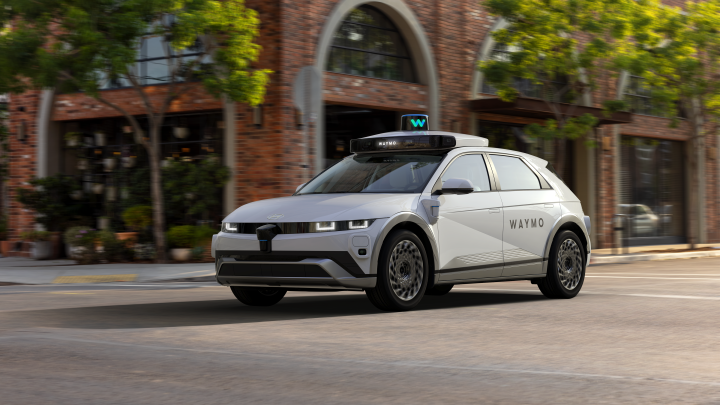Self-driving cars are coming. It remains to be seen how long that will take. Plenty of vehicles can more or less drive themselves on highways, but for now, they still can’t completely reliably drive themselves on all streets, in all conditions, taking into account all different variables. One thing is clear, though: the tech industry sees autonomous driving as the future of personal transportation, and they’re spending billions to reach that goal.
But what happens when we get there? Tesla made headlines for not only announcing its new Cybercab fully autonomous vehicle, but simultaneously claiming that customers will be able to buy one. That’s right, at least if Tesla is to be believed, the Cybercab doesn’t necessarily represent Tesla building its own Uber-killing fleet of self-driving cars, but instead giving people the ownership over the self-driving car industry.
Setting aside the fact that Tesla seems to constantly make claims that don’t pan out, the announcement begs the question: Will self-driving cars kill the concept of personal vehicle ownership in the long run?
Power to the people
The model that Tesla is seemingly pursuing essentially puts your own self-driving vehicle in your driveway. The benefits of that are clear — whenever you want or need, whether planned or on a whim, step outside and go.
That, of course, is no different from owning a car today — it’s just that when you get into that car, you can watch TV instead of having to steer. But owning a self-driving car could have different implications. What if, when you’re not driving the car you own, it’s driving itself?
“I believe that, for many people, owning a self-driving car will be a really attractive option,” said John Ellmore, a spokesperson for Electric Car Guide, in an interview with Digital Trends. “There will always be people who prefer the freedom that comes with having their own car.”
The advantages of that could be very meaningful. It could, basically, mean that you own an Uber vehicle that you don’t have to be in. When you’re asleep at night, your car could be driving people around town, and making you money, without you having to do anything. You could potentially even buy many Cybercabs, and own your own fleet of self-driving cars.

Even that could at least reduce car ownership. After all, rates for rides are likely to be a whole lot lower than they are now — mainly because a driver won’t be required. They’ll still need to cover the cost of charging, average wear and tear, and, of course, a little extra for the owner of the car. But with much lower ride fees, more and more people might choose to forgo ownership.
Land grab
Many experts predict a different outcome, though, at least in the long run. The concept is simple — why own a car when you can summon a cheap ride whenever you want?
If that’s the route that we go long-term, it could have massive implications for our cities. Charging and parking locations could be moved to outside of cities, freeing up tons of space inside of cities. Driveways could go away, allowing for more space for housing. All of a sudden, that driveway and garage you have taking up space could be converted into room for an expanded home or a larger yard.

“In the long term, self-driving cars will end up like today’s ridesharing services, but far more efficient,” continued Ellmore. “Instead of every household owning one or two cars, then people will join membership-based services where autonomous cars arrive when you need them, like a taxi service — meaning you wont need to worry about parking, maintenance, or insurance.”
That vision is nowhere near reality yet, and it’s unlikely that all of a sudden we’ll wake up one day in a world without car ownership. A change like this would take years, if not decades, as owned cars slowly go out of commission, and perceptions around the need to own your vehicle shift.
A likely outcome
The likely reality? A combination of the two. In the near-term, we’re still going to buy our cars. People still want to be able to hop in a car whenever they want, and massive self-driving rideshare services won’t just pop up overnight. For many, a service like that would need to be perfect, with near-instant access and more than enough rides at all times, before it’s usable. Many see their car as their freedom — especially in areas with limited public transportation.
But in the long-term, it’s entirely possible that car ownership could start to dwindle, and eventually die. Those massive subscriptions will pop up, starting in dense cities and growing from there. We’ve already seen that — services like Waymo have started growing in popularity and their service areas have expanded. Brave users in cities like San Francisco, who don’t travel much, could theoretically do away with their car right now, relying on Waymo at home and car rentals forthose few out-of-town trips.

